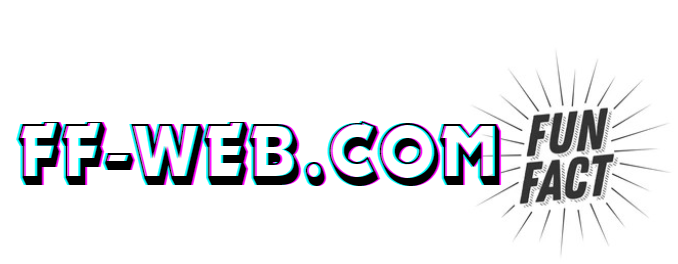Exploring the Fascist Ideology in the 20th Century
Fascism, a political ideology characterized by militarism, dictatorship, and supremacy of the nation over an individual, gained popularity during the 20th century, particularly after World War I. Contrary to traditional rules governing most countries today, fascism promotes authoritarianism and a strict emphasis on racial purity. This article delves into the history of fascism, its origins, and some lesser-known facts about the ideology and its prominent figures.
Origins of Fascism
Fascism emerged in Europe, starting with Italy’s fascist movement led by Benito Mussolini. This movement spread to Germany after Adolf Hitler became Chancellor and introduced Nazism, which further emphasized militarism and authoritarian rule.
Co-Founder of The Daily Mail Supports Fascism
Harold Harmsworth, co-founder of The Daily Mail, openly supported and sympathized with fascism during the 1930s. The newspaper even endorsed Mussolini when he took power.
U.S. Army Signal Corps Releases Film Against Fascism
To counter the spread of fascist ideology, the United States Army Signal Corps released a film named “Don’t Be a Sucker.” This movie promoted anti-fascist propaganda during World War II.
Benito Mussolini’s Award of the Sword of Islam
Benito Mussolini, a significant figure in fascism, took the name “Protector of Islam” and was awarded the sword of Islam despite being a Christian. The title was granted to him by an Italian collaborator, Lusuf Keriscm.
Philosopher Julius Evola and His Fascist Stance
Julius Evola, known for his controversial positions, referred to himself as a super fascist in a trial that took place in 1951. He continued spreading fascism even after World War II.
Treaty Between Mussolini and Pope Pius XI
Benito Mussolini signed a treaty with Pope Pius XI in 1929, which played a critical role in granting Vatican City independence. Despite being a Christian, Mussolini did not object to this treaty with the Church.
Diverse Meanings for the Term “Fascism”
The term fascism, centered on authoritarianism and racial purity, has had a multifaceted meaning. It is often used as an insult or a “boo word” for political gatherings.
Fascism vs. Communism
Though often confused, fascists do not advocate communism. In fact, they are generally against it. Although communists can sometimes be called fascists, this term is more of an insult than a description of their political beliefs.
Nazism and Fascism’s Similarities
After World War I, the Nazis in Germany promised to restore their economy and promote prosperity. However, a closer examination of Nazism reveals that it is fundamentally similar to fascism. Both ideologies utilize militarism and blame certain races for social problems.
The Fascist Symbols in Latin
In Latin, the term “fascism” comes from the fasces, a bundle of wooden rods. Benito Mussolini used this symbol to promote his fascist movement’s propaganda.
Texaco and the Spanish Civil War
During the Spanish Civil War, the CEO of Texaco, Torkild Reiber, secretly supplied oil to the Republican forces, violating United States law. Reiber’s actions were documented in Adam Hochschild’s book, Spain in Our Hearts. This book explores the contributions of Americans during the Civil War in Spain.
Fascism’s Spread Across Europe
Although fascism mainly originated in Germany and Italy, it also spread to countries like Austria between 1939 and 1940. Although not widely acknowledged during that time, the few who supported fascism sought authoritarian leadership and used symbols similar to those employed by the Nazis, often pushing for the embrace of Catholicism.
The Illegal Adoption Syndicate
Under Francisco Franco’s leadership, an illegal adoption syndicate was started in the 1930s as a fascist tactic. This syndicate, so well-orchestrated that even parents were unaware of it, allegedly involved the kidnapping and sale of children to those loyal to Franco. This practice continued until the death of Franco in 1975.
Conclusion
Fascism, with its origins dating back to Europe’s 20th century and prominent figures like Benito Mussolini and Adolf Hitler, has left a significant impact on the political landscape. From the co-founder of The Daily Mail to the secret actions during the Spanish Civil War and the similarities between fascism and communism, this article provides an in-depth look at fascism’s history, its principles, and how it has influenced global politics.




